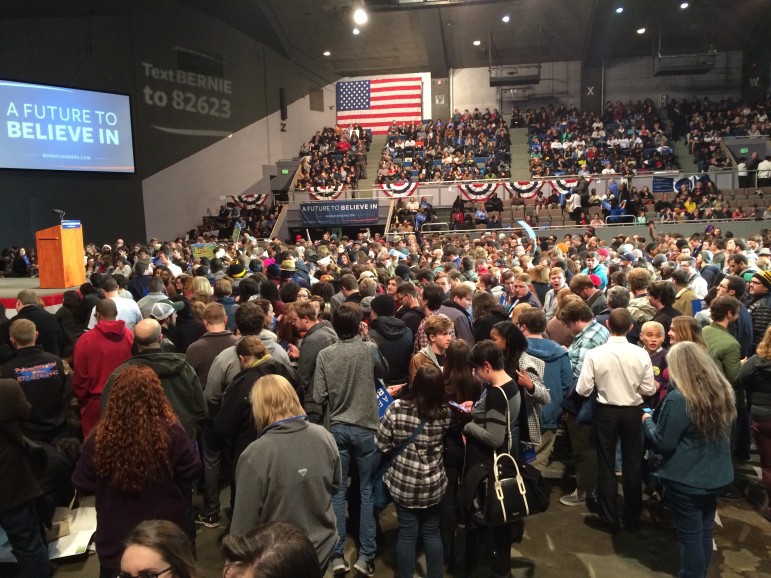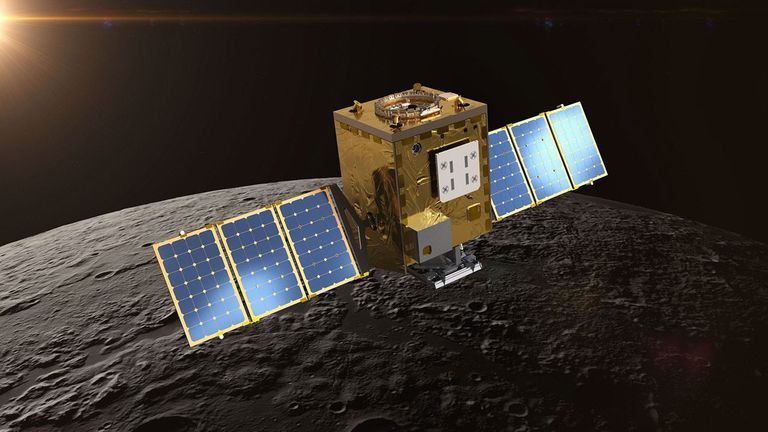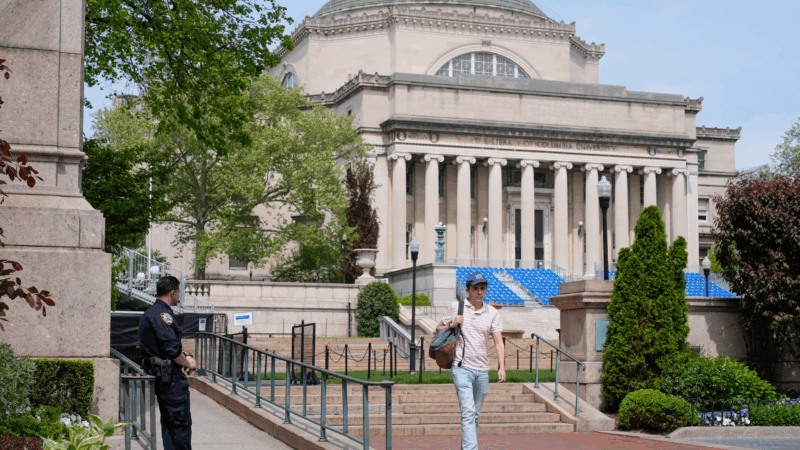Sanders Tells Black Voters U.S. Must Confront ‘Institutional Racism’
It’s not just Iowa and New Hampshire where Vermont Senator Bernie Sanders will have to perform strongly to win the Democratic nomination. He’ll also need to do well on March 1st, this year’s Super Tuesday. That’s when a dozen, mostly southern states hold presidential primaries and caucuses. And in many of those states, African-Americans are a key Democratic voting block. That’s one reason Sanders spent Monday night in Birmingham celebrating Martin Luther King Jr. Day.
Back in 1963, when he was a college student, Sanders attended the March on Washington. That left an impression on him, and in a way, he sees himself keeping the mission of Dr. Martin Luther King Jr. alive.
“We must fight to carry out his radical and bold vision for America,” Sanders told the crowd at a rally at Boutwell Auditorium downtown. Sanders said the country must confront what he called institutional racism, “to create a country which provides economic, social and environmental justice for all.”
At the end of his speech, he spoke out against police brutality. And if this was meant to appeal to African-American voters in Alabama, there was just one problem: in an audience of thousands, there were relatively few African-Americans there.
Just before the rally, I caught up with Margaret Kidd, of Shelby County. She’s 64 and this is her first political rally. She might not have been there if not for the fact that her son is heading the Sanders campaign in Alabama.
“And he is really spreading the news in the African-American community,” Kidd says. “So we are here to see for ourselves what Bernie Sanders is really all about.”
She says as candidates go, she knows Hillary Clinton better. But that’s mostly because of Bill Clinton. Kidd says hardly anyone in her neighborhood or at her church knows about Sanders.
“Vermont, those cold states up there, we don’t know very much about down here in the nice warm South,” Kidd says.
Christina Wilson, a freshman at Alabama State University, a historically black college, came to the rally on a charter bus with about 30 other students. What does she know about Sanders?
“Honestly I don’t know much,” she says. “That’s one of the main reasons I’m here because I don’t know much.”
At least some African Americans at the rally knew about Sanders. John Roberts, a college student at the University of Alabama at Birmingham, has been following Sanders for awhile. Roberts is pretty sure the Vermont senator’s plainspoken style can win support in the African-American community over time. So where were most of the African-Americans?
“I don’t have no idea,” he said at the event, “but I’m here.”
And for now, that was good enough.
Chicagoans pay respects to Jesse Jackson as cross-country memorial services begin
Memorial services for the Rev. Jesse Jackson Sr. to honor his long civil rights legacy begin in Chicago. Events will also take place in Washington, D.C., and South Carolina, where he was born and began his activism.
In reversal, Warner Bros. jilts Netflix for Paramount
Warner Bros. says Paramount's sweetened bid to buy the whole company is "superior" to an $83 billion deal it struck with Netflix for just its streaming services, studios, and intellectual property.
Trump’s ballroom project can continue for now, court says
A US District Judge denied a preservation group's effort to put a pause on construction
NASA lost a lunar spacecraft one day after launch. A new report details what went wrong
Why did a $72 million mission to study water on the moon fail so soon after launch? A new NASA report has the answer.
Columbia student detained by ICE is abruptly released after Mamdani meets with Trump
Hours after the student was taken into custody in her campus apartment, she was released, after New York City Mayor Zohran Mamdani expressed concerns about the arrest to President Trump.
These major issues have brought together Democrats and Republicans in states
Across the country, Republicans and Democrats have found bipartisan agreement on regulating artificial intelligence and data centers. But it's not just big tech aligning the two parties.







